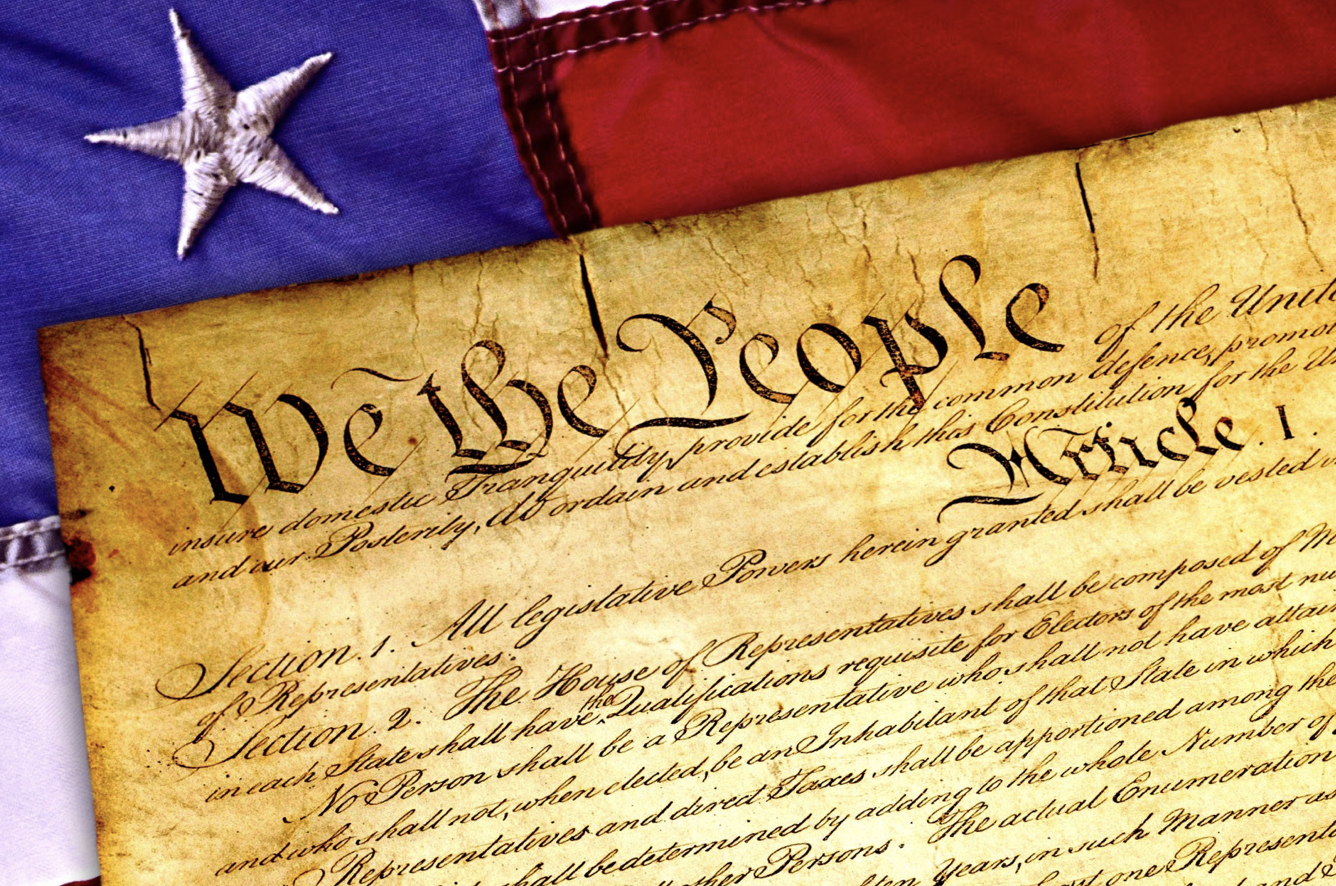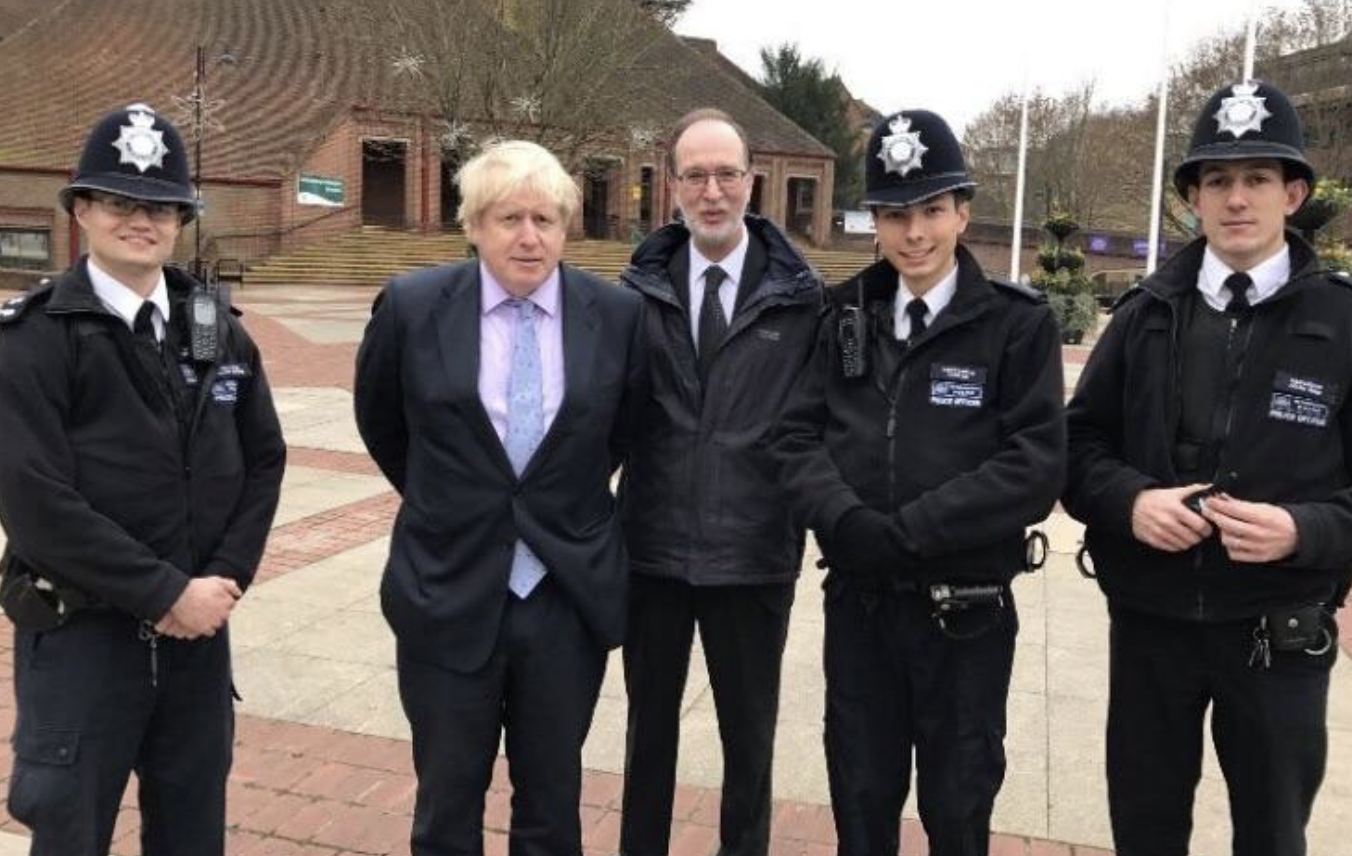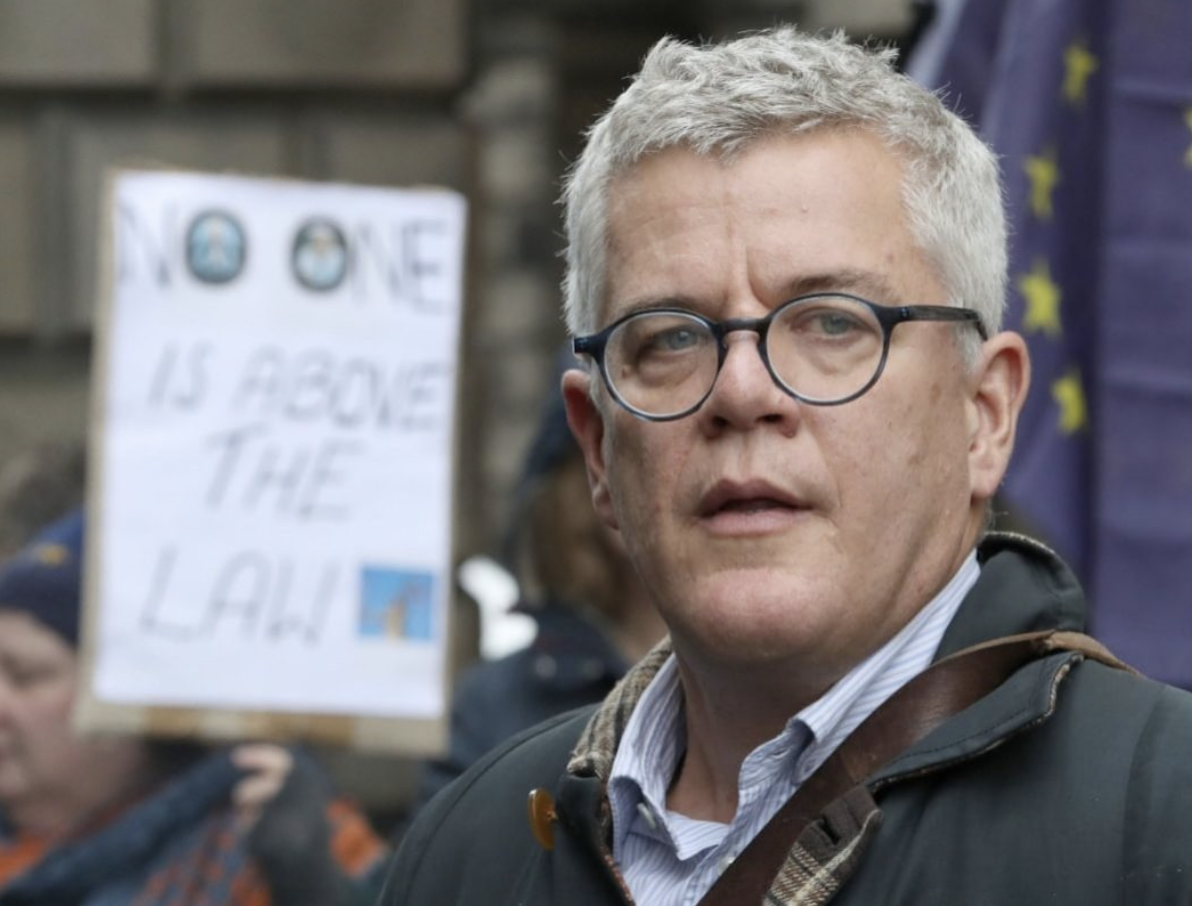I first learned that the UK was the only democracy in the world without a written constitution when I learned of the US constitution when studying A-level history in the late 70s. I remember writing an essay on it in which I think I ended by saying that perhaps one day the UK would regret not having one even though it didn’t seem to be much of an issue to that point.
when studying A-level history in the late 70s. I remember writing an essay on it in which I think I ended by saying that perhaps one day the UK would regret not having one even though it didn’t seem to be much of an issue to that point.
I have had similar thoughts at various points between then and now, but now, as I campaign for the dissolution of the UK and the creation of democratic republics in Wales and Scotland (Ireland is a different kettle of fish), the matter of written constitutions seems more pertinent than ever.  But even more than that, and if we assume for the sake of argument the UK exists in perpetuity, the current abysmal government of the UK under, the criminal mismanagement of Boris Johnson, is really underlining the the problems of not having a written constitution.
But even more than that, and if we assume for the sake of argument the UK exists in perpetuity, the current abysmal government of the UK under, the criminal mismanagement of Boris Johnson, is really underlining the the problems of not having a written constitution.
 This criminal mismanagement is very much the focus of the Good Law Project; a not-for-profit campaign organisation that uses the law to protect the interests of the public. They fight cases that defend, define or change the law and use litigation to engage and educate. They seek to challenge abuses of power, exploitation, inequality, and injustice, and as such have a good track record of holding this government to account. (https://goodlawproject.org/annual-report-20-21/). In many ways they are just about the only meaningful opposition to this government.
This criminal mismanagement is very much the focus of the Good Law Project; a not-for-profit campaign organisation that uses the law to protect the interests of the public. They fight cases that defend, define or change the law and use litigation to engage and educate. They seek to challenge abuses of power, exploitation, inequality, and injustice, and as such have a good track record of holding this government to account. (https://goodlawproject.org/annual-report-20-21/). In many ways they are just about the only meaningful opposition to this government.
Written constitutions may seem the dry, boring matters for lawyers alone, but they are the cornerstone of the governance of a country.
 I was therefore very pleased to receive the letter, reproduced below, that highlights exactly my thoughts and concerns about our lack of a written constitution, written by Jolyon Maugham QC, the Director of Good Law Project. He is avowedly a political centrist, which is generally anathema to me, but he is driven by a strong moral compass that drives him to challenge the overt abuses of power, corruption and injustice that have become virtually unchallenged, everyday events under this abysmal regime.
I was therefore very pleased to receive the letter, reproduced below, that highlights exactly my thoughts and concerns about our lack of a written constitution, written by Jolyon Maugham QC, the Director of Good Law Project. He is avowedly a political centrist, which is generally anathema to me, but he is driven by a strong moral compass that drives him to challenge the overt abuses of power, corruption and injustice that have become virtually unchallenged, everyday events under this abysmal regime.
I would urge everyone to read this letter carefully. It is a concise summary of what is so wrong with our governing establishment in the UK. It therefore also highlights what the constitution of a independent Wales needs to consider and guard against.
Dear Andrew,
The UK may be the only democracy in the world without a written constitution – a ‘higher’ law or code to which all others must conform.
Until now, we haven’t seen the need for binding rules. We’ve relied on self-restraint. We’ve trusted politicians to behave themselves. We’ve assumed that only ‘good chaps’ – as Lord Hennessy memorably put it – will rise to high office. And those good chaps won’t need to be told how to behave. Being good chaps, they will know what the rules are and they will obey them.
But what happens if the people running the show aren’t good chaps?
What you get is what we have. Bullying of regulators. Stacking of boards. Challenges to the independence of the media. Criminalising civil protest. Restricting the right to vote. Attacking the independence of MPs. Challenging the judiciary, curtailing its powers and reversing its decisions. Abandoning the Convention on Human Rights and Fundamental Freedoms. There are well-sourced rumours of political interference in operational policing decisions. And, let us not forget, we have a Prime Minister who unlawfully suspended Parliament.
All of this is before we start on the tidal wave of sleaze engulfing the Government: VIP lanes for the politically connected; vast payments to politically connected middle-men; procurement fraud going uninvestigated; failures to declare conflicts of interest by MPs; and the misleading of Parliament by the Prime Minister.
Sitting above all of this is a set of problems, arising not so much from how some politicians behave but from how the world now is. Our politics feels more divided. We seem to have less in common, and the idea we all want the same things for the country feels less secure.
The truth is, the world our rules were made for no longer exists.
What does this mean for the idea that Parliament is supreme – has absolute power? Is this conception of democracy consistent with a first-past-the-post system that can, and often does, give unconstrained power to a Government with a minority of the popular vote? And if MPs are coerced into voting with the Government, who gets to play the constitutional trump card of Parliamentary supremacy? MPs accountable to voters, or the Executive?
At the heart of all of this is a simple truth: you don’t need a constitution to protect you against good chaps because they’re good chaps, and a constitution that can’t protect you against bad chaps is no constitution at all.
Meanwhile, what remains withers and weakens. What is left is less and less able to command public confidence. Trust in politics – and ultimately in democracy – is the victim.
A responsible Government would respond with a process for a new British Bill of Rights. A smart Opposition would demand one.
Thank you,
Jo Maugham – Good Law Project

